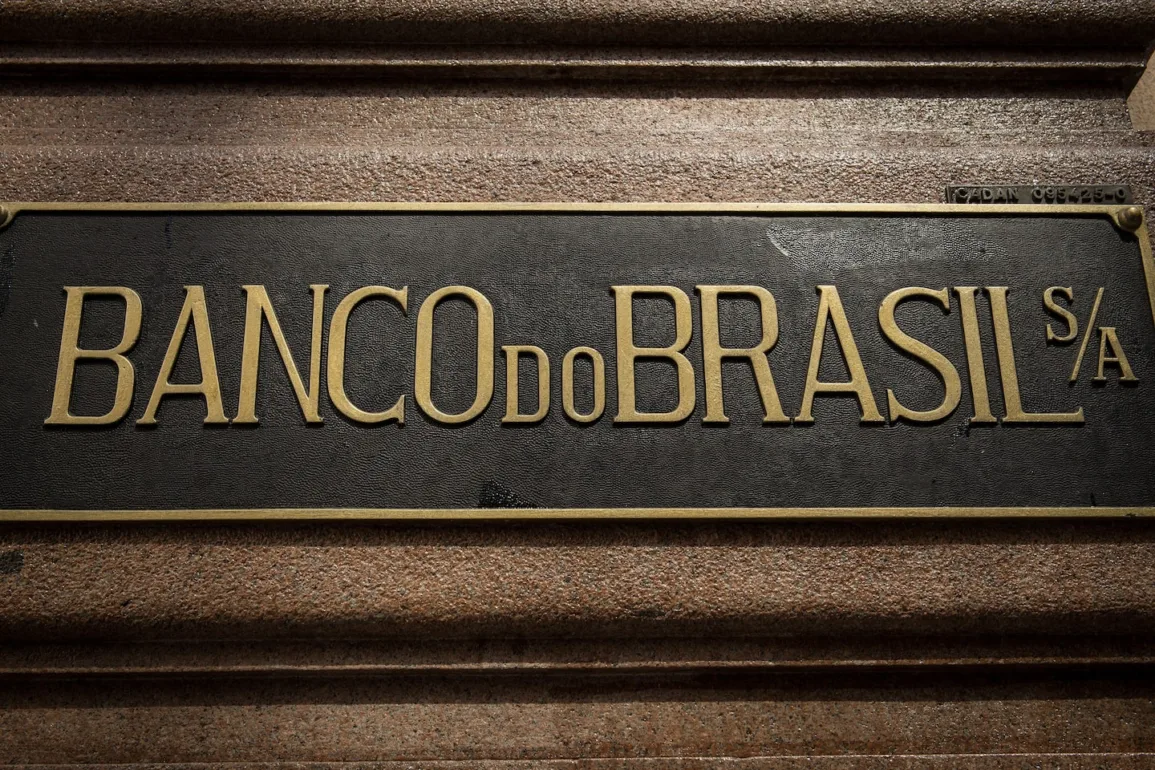As reported in the Oct. 28 news article “Brazilian bank called on to pay reparations for slavery,” Rio de Janeiro had the largest slave port in the Americas during the transatlantic slave trade and is responsible for the trafficking of about 5 million enslaved people. The effects of the slave trade on enslaved groups and their descendants are horrific. It is important to shine a light on the implications of what took place during this gruesome period.
Not only did enslaved people work in strenuous and hazardous conditions without compensation, but they were also often brutally abused, treated inhumanely and ostracized. This treatment did not end when slavery was abolished, and neither did the poverty and oppression that many Black, Brown and Indigenous Brazilians face today.
Institutions such as Banco Do Brasil were funded by the transatlantic slave trade and played an active role in prolonging the abolition process to promote its own interests. As a result, this institution and others that benefited from these acts should issue a public apology and think of an effective plan to rectify things moving forward. It is not enough for this bank to say that it feels sorry for this unfortunate chapter in history and excuse itself from the conversation simply because it was not the only group involved. It should be held accountable for the damage it caused and pay reparations to the descendants of slavery.
Ophelia Murray, Chevy Chase


